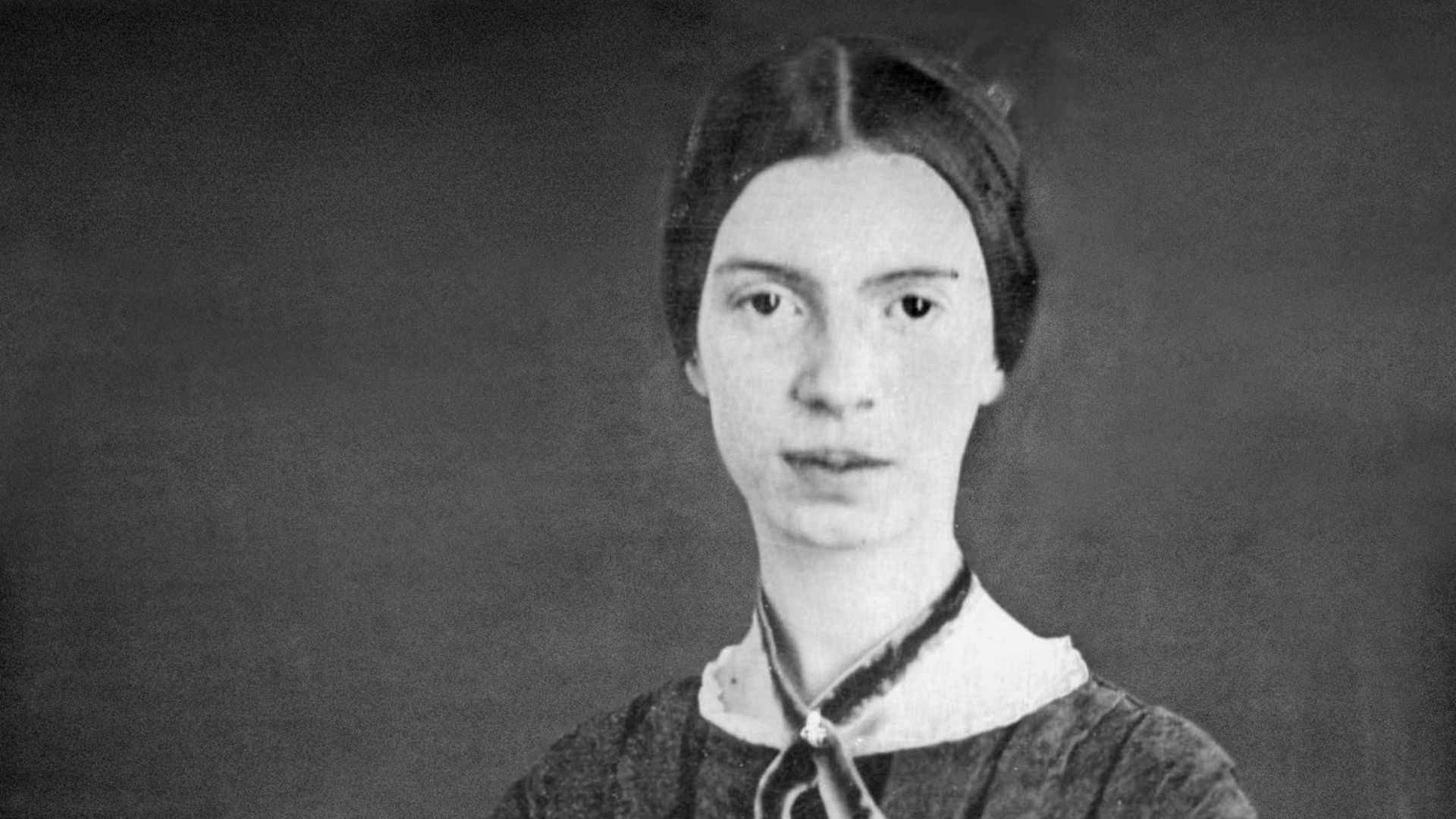"Heaven" Has Different Signs&Mdash;To Me Comments
575
"Heaven" has different Signs—to me—
Sometimes, I think that Noon
...
Read full text
CONGRATS being chosen again as The Classic Poem of The Day. Still TOP Marks for this fascinating poem.
The Classic Poem Of The Day, most deserving! Congratulations and TFS
The true nature of heaven remains elusive, awaiting revelation beyond what our mortal eyes can perceive. The poem invites readers to contemplate their own interpretations of heaven and the possibility of a more splendid existence beyond our current understanding.
FINAL: I can respond longwinded or short, but that depends on the time I will have. This is a mighty poem and deserves 5 Stars full. ED is one of my most favourite poets
LAST BUT NOT THE LEAST However, the true nature of heaven remains elusive, awaiting revelation beyond what our mortal eyes can perceive. The poem invites readers to contemplate their own interpretations of heaven and the possibility of a more splendid existence beyond our current understanding.
SEVEN: Heaven has different Signs—to me— explores the multifaceted nature of heaven and how it is perceived by different individuals. The speaker reflects on their personal interpretation of heavenly signs and contrasts it with conventional notions
EIGHT: They find heavenly symbols in everyday occurrences: the sun at noon, the dawn, the landscape, and the beauty of nature. These signs evoke awe and wonder, hinting at a paradise beyond our earthly understanding.
SIX: But how Ourself, shall be Adorned, for a Superior Grace— Not yet, our eyes can see.
FIVE: The Orchard, when the Sun is on— The Triumph of the Birds When they together Victory make— Some Carnivals of Clouds— The Rapture of a finished Day— Returning to the West— All these—remind us of the place That Men call "paradise"— Itself be fairer—we suppose—
FOUR: Sometimes, I think that Noon Is but a symbol of the Place— And when again, at Dawn, A mighty look runs round the World And settles in the Hills— An Awe if it should be like that Upon the Ignorance steals—
THREE: The poem invites readers to contemplate their own interpretations of heaven and the possibility of a more splendid existence beyond our current understanding.
TWO: These signs evoke awe and wonder, hinting at a paradise beyond our earthly understanding. However, the true nature of heaven remains elusive, awaiting revelation beyond what our mortal eyes can perceive.
ONE: In this poem, the speaker suggests that heaven is not a fixed concept but rather a collection of diverse signs and experiences. They find heavenly symbols in everyday occurrences: the sun at noon, the dawn, the landscape, and the beauty of nature.
The way she puts "heaven" and "paradise" in quotes makes me believe she was not religious. All these—remind us of the place That Men call 'paradise'—
Emily has a distinct style of her own and the majority of her poems are beautifully penned.
Different signs in nature's manifestations like dawn, sun set etc have been discussed with the possible meanings coming out of them.

The poem invites readers to contemplate their own interpretations of heaven and the possibility of a more splendid existence beyond our current understanding.